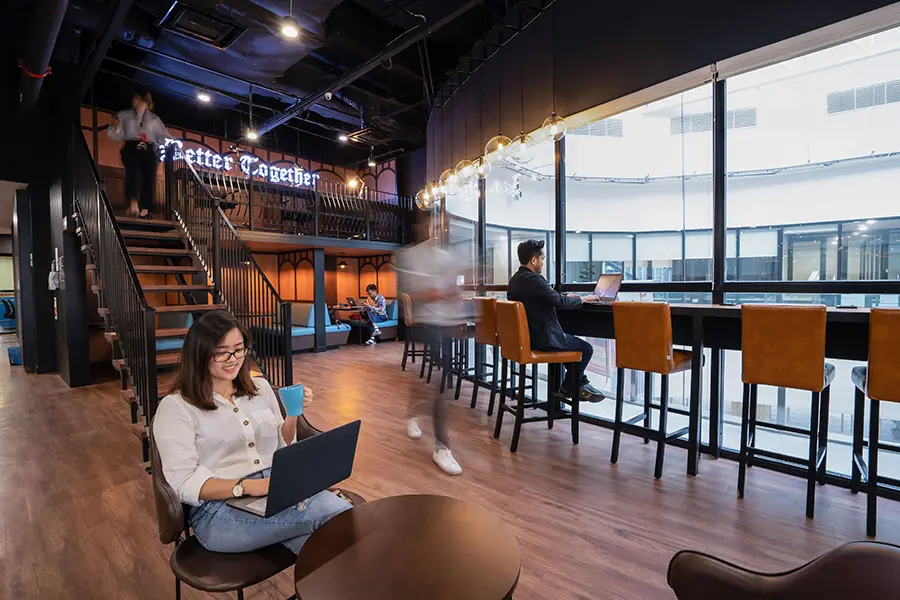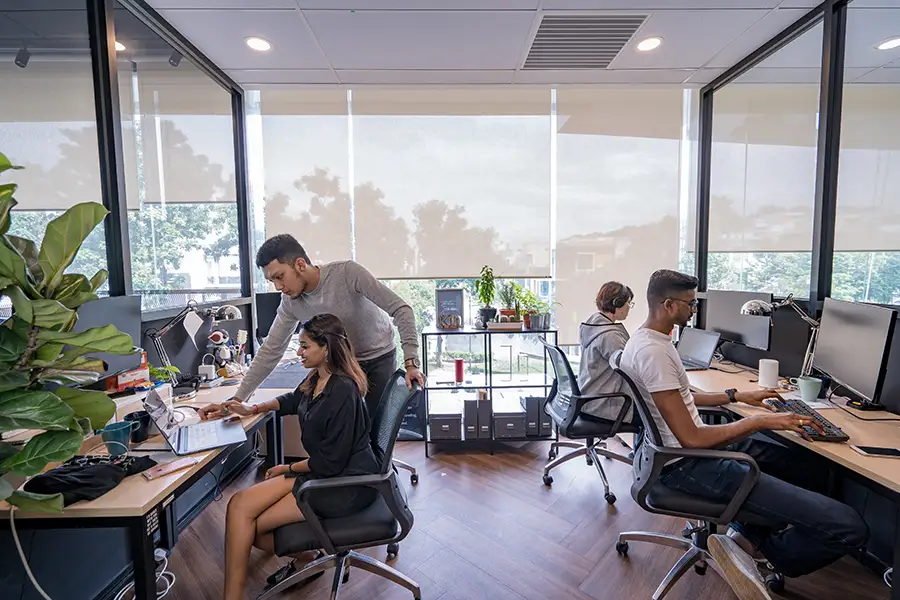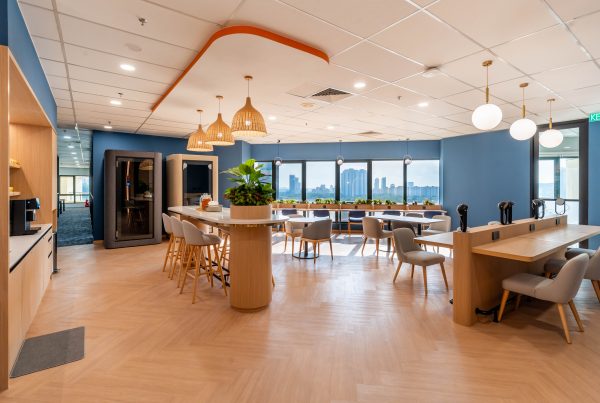With a looming recession, is office space really a wise investment?
The last three years have been turbulent for everyone, especially employees who have had to deal with constantly changing working conditions as a result of the transition from old to new technology and the rise of a flexible workforce.
As we begin to regain some sense of normalcy in our lives, the world is now dealing with an impending economic recession that will affect many companies and businesses worldwide. Companies throughout the region, and now even internationally, are being forced to restructure their operations, adapt their workforce to a more flexible working environment, and become more agile to respond to changes in market conditions and consumer demand more quickly.
As businesses in many countries had to adhere to government regulations to have their employees work from home, office space became somewhat obsolete. Because it gives employees more freedom to finish their tasks at work while taking care of their personal needs, workplace flexibility encourages employees to pursue greater independence and promotes a healthier work-life balance. Employees will feel more in control of their work as a result, which will boost their job satisfaction.
This begs the question, is office space truly necessary?
How important is office space today?
Traditionally, real estate has been necessary to many companies because it provides them with an available resource that can serve both their employees’ and clients’ needs. According to PwC’s Pulse Survey of 2022, it is said that 22% of companies are scaling back their investments in real estate, more than any other business area. This is likely a response to the increase and even the maintenance of hybrid and remote work in many companies worldwide, like Singapore and Malaysia.
As a result, investments in real estate have been declining more than in any other area of business. Given that we have an economic recession looming above us, it gets us thinking: Should companies look at reducing their office space to reduce their total costs, and move into partial coworking?
While office space may be necessary for businesses, it is a fact that employers and employees alike may not be able to return to their pre-COVID office routines because the pandemic has changed what used to be the norm. While business leaders must always keep costs under control and their bottom line in mind, they must also consider the health of their employees. Employee expectations have also changed, and some may no longer wish to return to their normal office routine, which might affect employee productivity. Furthermore, with the economic recession looming overhead, along with many other factors such as the emergence of new COVID variants, businesses should consider re-evaluating how they can leverage office space and incorporate remote working most effectively and efficiently into their business models.
Thinking about community-centric workspace?
Get productive with a supportive community in your workspace.

Businesses need to consider different solutions
One way that businesses can incorporate remote working in the best way possible is by making use of a coworking space that can provide the best of both worlds for themselves and their employees. By working in a coworking space, companies enjoy all the benefits of a more productive workforce with less time, effort, and cost associated with improving and coordinating workspace facilities.
Employees are also beginning to see the benefits of working from coworking spaces, especially with the uncertainty of the resurgence of the COVID virus and the incoming economic recession. With firms seeking flexibility to protect themselves and their employees, coworking spaces have been enquired about more and are also increasing in demand. This shows that while office space is necessary for a business, it might not be a wise investment in the long run, at least for now, and perhaps an investment in coworking spaces might do better for businesses.
Coworking spaces benefit not only employees but employers as well. Those that provide space for full-time employees are typically set up in accessible locations where employees can choose from various types of spaces, such as a separate private office, a shared space, and so on. Coworking spaces also offer companies a great way to expand their office space across different locations.
The majority of companies typically choose to lease a space for their offices. What they fail to realise is that leasing will probably cost their businesses more money and bind them to the property for at least three years without any lease flexibility. Additionally, companies are usually responsible for any costs related to the leased property that may need to be renovated, including design fees, agent fees, legal/landlord fees, furniture and fixture costs, and security costs, such as setting up CCTV cameras throughout the property and improving door access.
”Coworking spaces also offer companies a great way to expand their office space across different locations."

Flexibility is the future of work
The move to utilising coworking spaces is essential and optimal during this time of uncertainty with the looming recession. Coworking spaces are growing in popularity with today’s dynamic workforce, which makes the experimentation of coworking spaces for businesses worth a shot.
WORQ is also able to ease the doubts of employers by providing enterprise solutions and assisting in designing and operating a business’ space the way that they want it to be. Alternatively, employers can take Private Office for the flexibility to upscale their office space within the coworking space. WORQ is launching its 5th outlet, located in KL Sentral, to accommodate such needs.
There are more pros than cons to the use of coworking spaces, contrary to what employers and employees may believe, and WORQ can prove this. It is through WORQ that we may ultimately witness an improvement or a growth of businesses as we tide through the uncertainty that is the global economic recession.
Get in touch with us






